Regenerative Urban Futures – Circular Economies and Societies
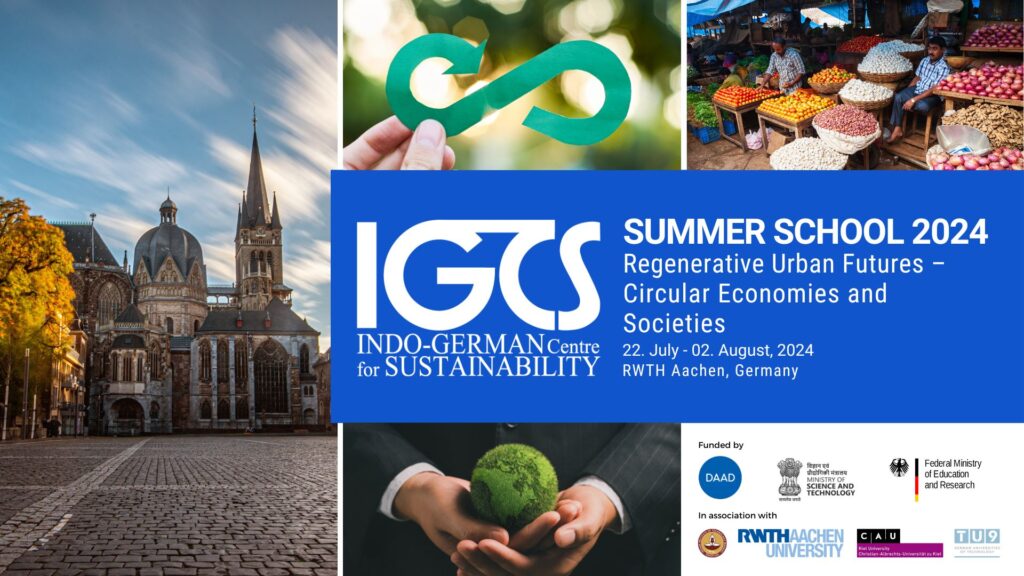
The IGCS Summer Schools in the year 2024 are taking place under the umbrella theme “Regenerative Urban Futures.”
Application Deadline Extended for Students from German Institutions.
In current debates, regeneration is often viewed as going a step further than sustainability, for rather than sustaining particular conditions, regeneration stresses on the capacity and ability to recover and even evolve beyond the existing state of affairs. By urban we mean a wide array of situations and conditions that refer to a broad view on spatial configurations. These include not only clearly identifiable cities and towns but equally the phenomenon of planetary urbanization as part of the Anthropocene, i.e. rapidly urbanizing rural areas, large metropolitan agglomerations, urban fringes and periurban areas that lie far outside the urban hubs.
While the range of public policies and private initiatives that promote circular and resource saving practices is growing, requirements of regionally adapted approaches are often overlooked. Even ‘Circular City’ schemes, propagated by the European Union, have hardly managed to create perceptible outcomes so far. During the IGCS Summer School, university students from India and Germany will collectively explore place-specific socio-economic conditions and development interdependencies that matter for achieving more circularity especially in urban areas. Cities offer important assets and actors for circular approaches, yet also concentrate lots of resource consuming and waste producing activities. The Summer School lecture program and interactive workshops will provide ample opportunities for mutual learning on economic as well as societal facets of circularity.
The objectives of the IGCS Summer School are:
- To build collective awareness on the challenges we face as rising urban populations lead to increasing resource consumption in line with environmental depletion.
- To understand how broad the range of circularity options is that could be used to address sustainable development challenges, adapted to place-specific economic and social conditions.
- To develop strategies that combine circular economy and society solutions towards a more sustainable, regenerative future for urban areas.
This Summer School will cover topics such as:
- General sustainability risks caused by contemporary production and consumption practices
- Various objectives and options associated with the circular economy (‘R-strategies’, such as reduce, reuse, remanufacture, recycle etc.).
- Approaches towards more reflected, less resource intensive consumption and associated social innovations
- Planning tools, instruments, and processes that are required to foster circularity in the urban economy and society, including administration and governance approaches
- Options for technology transfer from academic R&D for more circularity
- The role of key personalities, entrepreneurs, and markets in solving these challenges
If you are interested in sustainable urbanization, then the school might be appropriate for you. You are likely to meet like-minded people with whom you may forge a lasting relationship and listen to experts from several countries who will discuss both the challenges, solutions and pathways that urban agglomerations can take to become more sustainable.
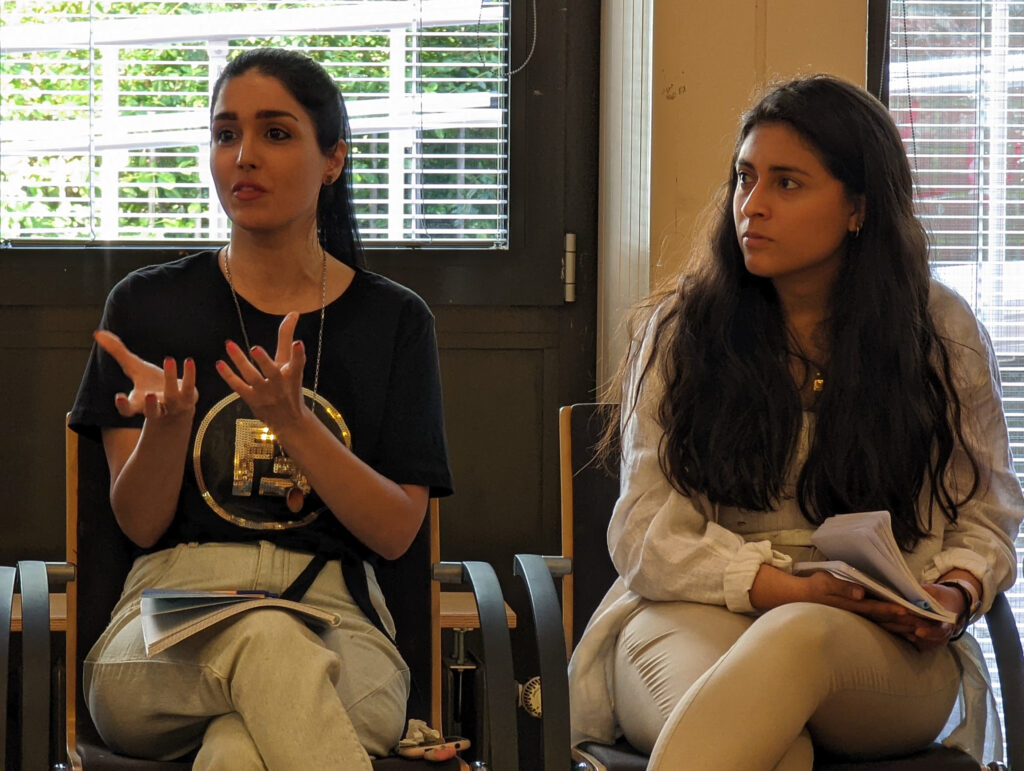
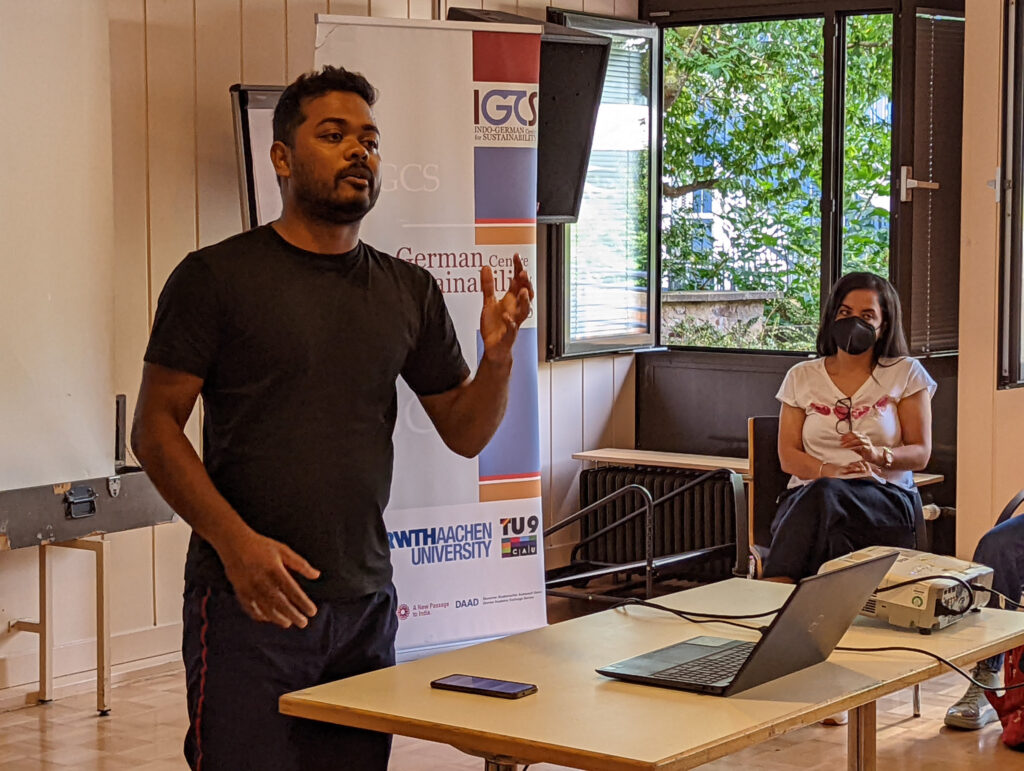
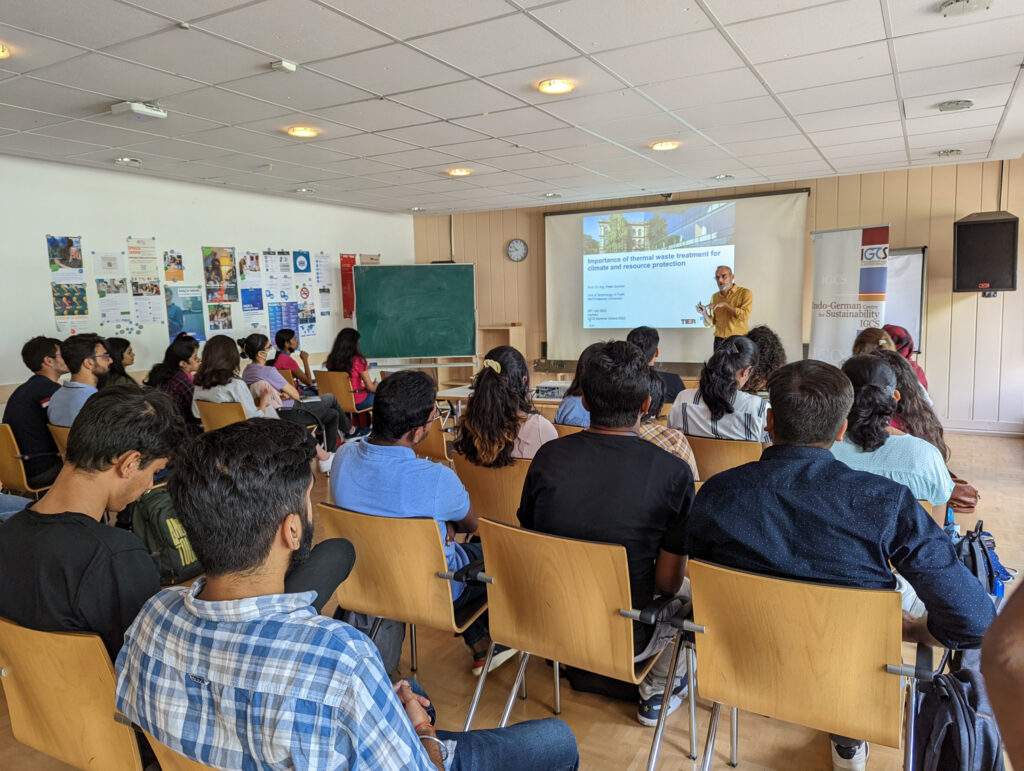
Schedule
This Summer School will run for twelve days from July 22nd until August 2nd, 2024, and will have two major work streams. The mornings and afternoons will be reserved for lectures and talks given by German and Indian academics and practitioners. The second work-stream is dedicated to project work (see below).
Format
The School will consist of lectures, group works, panel discussions, excursions and intercultural exchanges.
The Summer School will be a physical event held in Aachen, Germany.
Participants
The course is open to German* and Indian Master’s and PhD. Students. Knowledge of sustainability topics is of advantage. The number of participants is limited to 30 (15 from German Institutions /15 from Indian Institutions).
Selected participants from Indian universities will receive a mobility scholarship of up to € 1.050. Selected participants will receive a scholarship to cover living expenses during their stay.
Selected participants from German universities will be reimbursed for their travel by train (up to € 50).
IGCS is covering the costs of stay for all participants (shared rooms) as well as breakfast and lunch at the Guest-house/the venue.
*Non-German students and university graduates can apply if they are enrolled in the course of study at a German university to obtain a degree at a German university. For more Information check the DAAD Website: Bewerbungen um ein Stipendium (German only).
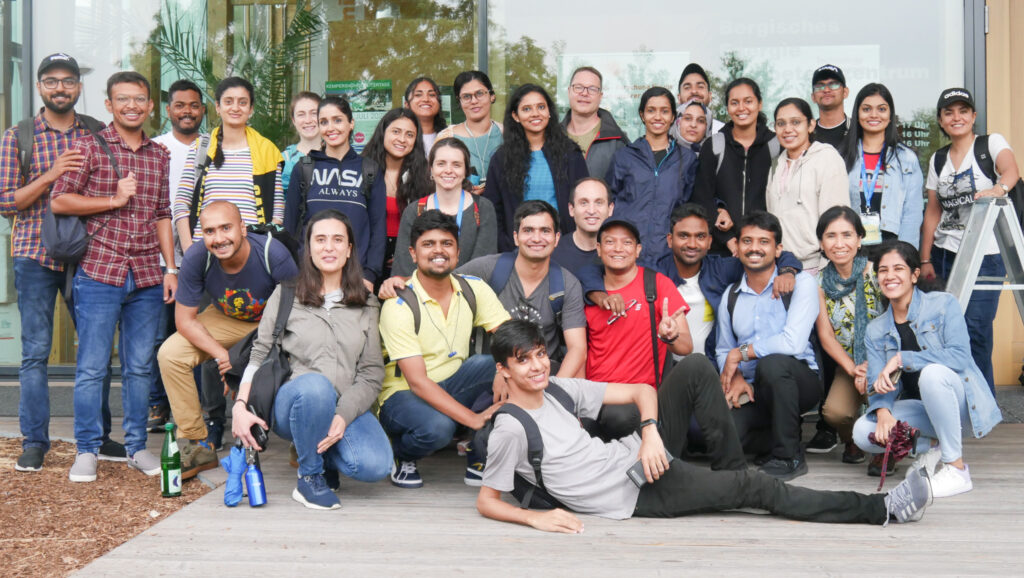
Application
Interested students may apply through the Summer School Application Form. The application deadline is on Wednesday, 15. May 2024. Applications received after this date will not be considered.
The extended application form is now open for students from German institution! Application period is from 19.04.2024 – 15.05.2024, until 7:00 PM CET / 10:30 PM IST.
You will need to register first before you enter the actual form. You can switch between German and English. Please read the instructions carefully, including the help notes attached to many entry boxes.
Please prepare the following documents to be uploaded through the form:
- CV
- Transcript of records of last completed semester/graduation certificate
- Letter of recommendation from an academic supervisor. It should state your academic and personal qualifications for participation in the School.
- Enrolment certificate
- Passport Copy
- Motivation Letter
Positive results will be announced in the beginning of May. We kindly ask you to refrain from inquiries about the application status in the meantime. Your data will be deleted if you are not accepted.
The option to receive credit points for the participation in the IGCS Summer School need to be discussed with study advisors.
Organizers
IGCS Area Coordinators for Land Use, Prof. Dr. Martina Fromhold-Eisebith (RWTH Aachen University), Prof. Dr Ashwin Mahalingam (Indian Institute of Technology Madras), and Dr. Christoph Woiwode (Indian Institute of Technology Madras).
Contact
Please contact project coordinator Lisa van Aalst or Dr Anna Uffmann if you have any questions. Or send us your queries in the contact form below:
